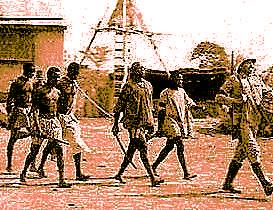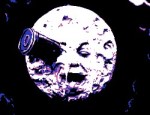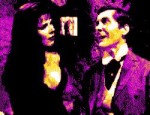Film Review
Jean-Jacques Annaud's first film is this subversive black comedy, a thoughtful and engaging
satire on the absurdity of war and the injustice of colonisation. It is one of the
earliest French films to confront the subject of France's murky colonial past head on
and consider how the white colonising nations exploited the non-white people they came
to dominate (particularly in Africa), through a combination of greed, thuggishness and
deluded self-belief.
Whilst some clear moral messages can be drawn, it is a surprisingly ambiguous and
contradictory film in which our sympathies with the various protagonists switch as the
narrative unfolds. The thoughtful student Fresnoy is at first a far more likeable
character than his debauched, overtly racist fellow Frenchmen. Yet, in very little
time, he is gradually transformed into something quite disturbing, a kind of Nietzschen
superman, the cool dictator who uses reason in place of instinct and race hatred to advance
a rather pointless war. Annaud's thesis seems to be that it is not the ignorant
xenophobes we should fear, but the brooding intellectuals and idealists.
Originality
titled
La Victoire en chantant (from the famous
Napoleonic battle hymn
Le Chant du départ),
the film was a commercial failure when it was first released in France. When it
went on to win the Best Foreign Language Film Oscar in 1976, it became a box office hit
in the United States, titled
Black and White in Color
. The film was then re-released in France, under the title
Noirs
et blancs en couleur - a rare example of a French film being renamed after its
English language title.
© James Travers 2007
The above content is owned by frenchfilms.org and must not be copied.
Next Jean-Jacques Annaud film:
Coup de tête (1979)
Film Synopsis
January, 1915. Far from the battlefields of Europe, a small group of French nationals
live an uneventful life in a village on the Ivory Coast. These include the alcoholic
Sergeant Bosselet, the penny-pinching grocer Paul Rechampot, a reluctant pair of Christian
missionaries and an aloof student of geography, Hubert Fresnoy. When they learn
about the war in Europe, the white villagers organise an improvised attack on a nearby
German stronghold. Although their enemy numbers a mere handful of German soldiers,
the assault ends in farce. Fresnoy takes charge and sets about creating a small army of
native Africans to fight for the glory of France...
© James Travers
The above content is owned by frenchfilms.org and must not be copied.



